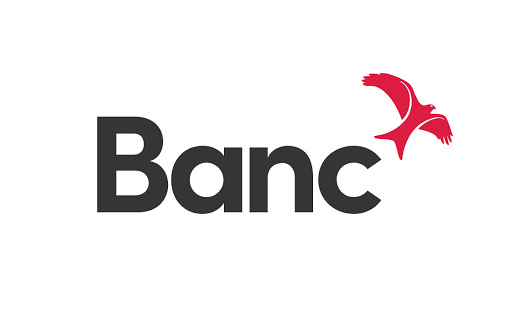
For centuries, our societies have operated within what we know as the linear economy, a model which has undeniably powered tremendous industrial and economic growth.
However, we now realise the environmental costs are becoming increasingly unsustainable.
In Wales, where our natural landscapes are both an asset and part of our heritage, the shift towards a circular economy isn't just beneficial, it's an existential imperative.
In the traditional linear approach, the process is straightforward but wasteful – extract raw materials, manufacture products, and then dispose of them, often in landfills. This practice has dominated since the Industrial Revolution, leading to a significant ecological footprint. As a result, valuable resources are depleted faster than they can be replenished, and vast amounts of waste contribute to environmental degradation.
Historically Wales, like many regions, has relied on this linear system. We've mined coal, produced steel, and made significant contributions to the local and global economy, often at the expense of our environment.
Thankfully, recent advancements in recycling have begun to address the waste issue, but it's not enough.
The circular economy presents a sustainable alternative that Wales must embrace. It’s a model designed to keep resources in use for as long as possible to preserve their value and minimise waste. This system encourages the reuse, sharing, repair, refurbishment, remanufacturing, and recycling of materials and products throughout their lifecycle.
Consider aluminium, a material integral to numerous industries, which exemplifies the benefits of this approach. Recycling aluminium uses about 95% less energy than producing new aluminium from raw bauxite. In Wales, shifting focus to recycling existing aluminium can dramatically reduce energy consumption and greenhouse gas emissions. If we prioritised the use of materials, like aluminium, over less recyclable materials (like plastic) we can keep materials in the loop longer.
Implementing a truly circular economy in Wales would not only help in conserving resources but also in mitigating climate change. The repercussions of our current consumption patterns are evident – increased greenhouse gases and exacerbated climate related disasters, as seen in the Alps more recently.
Our annual consumption exceeds three times what Earth can naturally replenish. This is unsustainable and necessitates a swift, collective pivot to circular practices if we are to avert increasing climate related disasters.
The Welsh Government has made significant strides in advancing our recycling capabilities, but we must expand these efforts across all sectors. By redesigning our economic models to focus on resource efficiency, we can transform waste into wealth and turn linear chains into loops.
To achieve this transformation, we need a collaborative effort involving government, businesses, and communities. Educational initiatives to raise awareness and cultivate an understanding of circular principles are crucial. Additionally, investments in technology that enable efficient recycling and reuse of materials are essential.
Businesses must rethink design, production, and supply chains to prioritise durability and recyclability. The public sector can lead by example, implementing sustainable procurement practices and setting regulatory frameworks that encourage circular economy practices.
Let’s make Wales a leader in the circular economy, for our future and for the world.
- Circular Economy Innovation Communities (CEIC)’s Circular Economy Innovation Programme is fully-funded and is open to organisations across Cardiff Capital Region and Swansea Bay Region. For further details visit: https://ceicwales.org.uk/ce-innovation-network/




